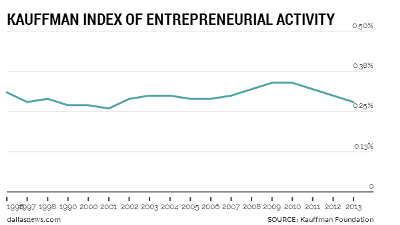Success isolates. It may not look like it, because success breeds courtship by a number of followers praising you all the time, but the truth is that success does isolate from true friends and trusted feedback. At least if we let it happen.
 For the creative, and for entrepreneurs, which are subset of the creative, this is a major issue, because exchanging ideas and having real, tough conversations with others is at the source of creativity. Thus if the successful creative lets isolation take place as per the natural evolution of things, creativity will dry up!… And so will success, one day or the other
For the creative, and for entrepreneurs, which are subset of the creative, this is a major issue, because exchanging ideas and having real, tough conversations with others is at the source of creativity. Thus if the successful creative lets isolation take place as per the natural evolution of things, creativity will dry up!… And so will success, one day or the other
Actually the rule should be that more success should leave more time to create trustful, deep relationships. It will require a lot of effort because success tends rather to breed superficial relationships with many people that want to take a lot of time. Yet again and again, I have observed how ‘successful’ people became more and more isolated from their true friends that could tell them the truth, how tough and difficult to hear it could be.
It can be tough to get constructive contradiction from friends, but that’s the only way to grow. If you encounter success, beware of the isolation trap and how it will limit your potential!











